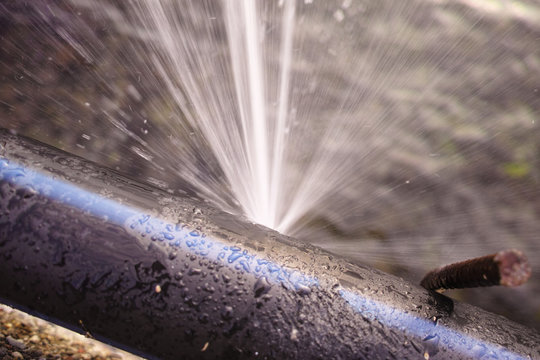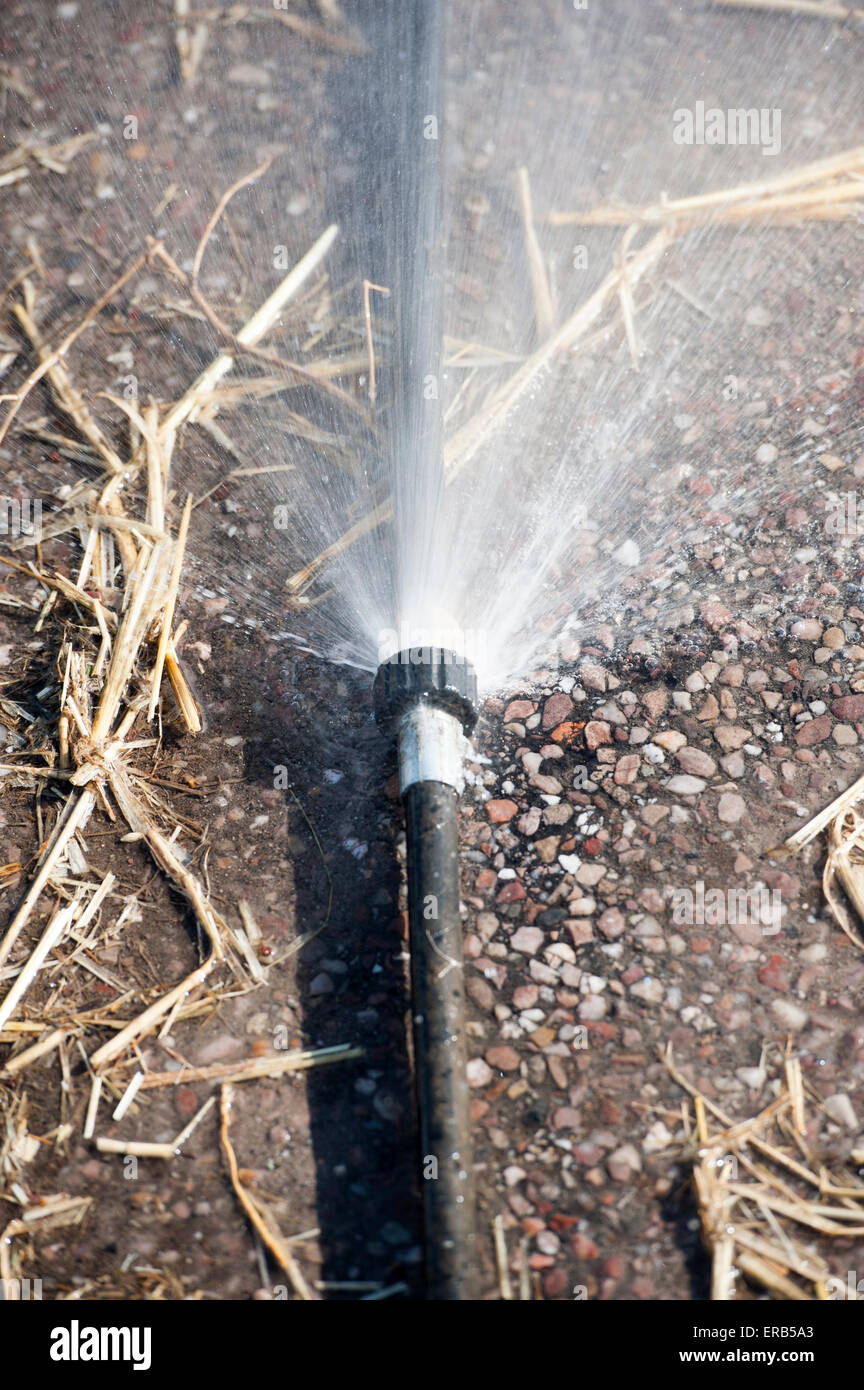The Top 5 Recurring Water Leak Factors
The Top 5 Recurring Water Leak Factors
Blog Article
We've encountered this great article on Reasons for Water Heater Leaks directly below on the web and reckoned it made good sense to relate it with you on my blog.

"Be cautious of little costs. A little leakage will sink a fantastic ship." - Benjamin Franklin.
He could not have been a lot more right because water leaks in our homes result in a waste of sources, increasing our water expenses. This increase could appear minimal at initially, it can lead to significant costs that can break your bank. Besides an increase in costs, water leakages also create unwanted organic development, structural damage, and even electrical dangers.
Identifying if you have a water leakage isn't constantly easy because of being unable to see most of the pipework in your home. Nonetheless, If you have had a rise in your water costs recently, observed water spots on ceilings and also wall surfaces, smelt lousy odor, etc. You might intend to think about asking for plumbing solutions to get it took a look at.
There are a number of causes of water leakages, and we have compiled the common factors below. Examine to see if you have had associated problems in your house recently.
Deteriorated pipeline joints
Pipeline joints are the parts of our plumbing system where the pipelines attach. They are the weakest factor of our plumbing system. Consequently, they are extra vulnerable to degeneration. It is necessary to keep in mind that despite the fact that pipes are created to withstand pressure as well as last for some time, they weren't created to last for life; for that reason, they would degrade with time. This deterioration could result in splits in plumbing systems. An usual indicator of harmed pipeline joints is too much sound from faucets.
High water stress
You discovered your residence water stress is higher than normal but then, why should you care? It's out of your control.
It would be best if you cared because your average water pressure ought to be 60 Psi (per square inch) as well as although your house's plumbing system is designed to endure 80 Psi. A rise in water stress can place a pressure on your house pipelines as well as result in cracks, or worse, ruptured pipes. If you ever before discover that your house water stress is higher than typical, contact a specialist concerning regulating it.
Deterioration
As your pipework ages, it obtains weaker as well as extra prone to corrosion after the regular passage of water through them, which can eat away at pipes and also cause fractures. A noticeable indicator of corrosion in your house plumbing system is discoloration and also although this may be tough to identify as a result of a lot of pipes hidden away. We suggest doing a regular checkup every few years and also alter pipelines once they are old to guarantee an audio plumbing system
Clogged drains
Food fragments, dust, and grease can trigger stopped up drains pipes and also block the flow of water in and out of your sink. If undealt with, boosted stress within the seamless gutters can create an overflow and also end up breaking or bursting pipes. To avoid stopped up drains in your home, we recommend you to stay clear of putting bits down the drain and also regular cleansing of sinks.
Broken seals
Another root cause of water leakages in houses is damaged seals of house devices that utilize water, e.g., a dishwasher. When such devices are installed, seals are set up around water adapters for simple flow of water via the machine. A broken seal can trigger leak of water when in usage.
With little or no understanding of plumbing, recognizing your residence's plumbing system enough to repair a few of these problems (without repercussion) can be a hassle. Get in touch with plumbing experts in Pittsburgh, Divine Superintendence, Rochester, and also environ today, and also they'll make those problems vanish.
He couldn't have been more right due to the fact that water leakages in our homes result in a waste of sources, raising our water expenses. If you have had an increase in your water costs recently, discovered water stains on ceilings and also walls, smelt poor smell, etc. A rise in water pressure can place a stress on your home pipes and also lead to cracks, or worse, ruptured pipes. Another reason of water leakages in houses is damaged seals of home devices that make use of water, e.g., a dishwashing machine. When such devices are installed, seals are set up around water adapters for easy passage of water with the equipment.
5 TIPS IN DETECTING A WATER LEAK IN YOUR HOUSE
Water leaks can be hard to find in your home, yet they can be so common. We rely on water every day in our home, which is why a leak can cause big problems. By detecting them early, you can save money and further damage, getting the problem fixed as soon as possible. Here are 5 tips to help you detect a water leak in your home, so you can contact a plumber straight away and get the issue sorted.
Check your water meter
Many people underestimate the value of the water meter in their home. It can be one of the best ways to tell if you have a leak early on, so you can get on top of it before issues start arising. Start by turning off all the water in your home: taps, washing machine, dishwasher, etc. Now take a look at the meter – if it’s still changing with everything turned off, it’s likely you have a fast-flowing leak that you need to get on top of straight away. If nothing changes, then leave your meter for an hour or two and come back to it. Did it change in this time? It’s likely you have a slower leak, which isn’t as urgent but still handy to get fixed so it doesn’t become a bigger problem.
Keep an eye on your bill
Another good way to detect a leak in your home is by keeping an eye on your water bill. It helps if you have a past bill from the same period of time. You can compare like for like and determine whether your water usage has increased significantly. If it has, there may be a leak in your system that you haven’t picked up before. A professional plumber can check through all of your pipes and determine where it is coming from.
Look for damage
If you have a leak inside your home, you will notice damage over time. Take a look at your showers and bathtubs and note whether any of the tiles surrounding the area seem to be discoloured or damaged in any way. There may be water stains, mould or peeling material that has resulted from a build up of moisture over time. Make sure you take a look under sinks at the back of cupboards that don’t get accessed regularly. This is where damage can go unnoticed and build up over periods of time.

As an enthusiastic person who reads on Common Causes of Water Leaks in the Home, I figured sharing that excerpt was a smart idea. Are you aware of anybody else who is truly interested in the niche? Why not promote it. Thanks for your time. Please visit our website back soon.
Need Help? Hire Us Now! Report this page